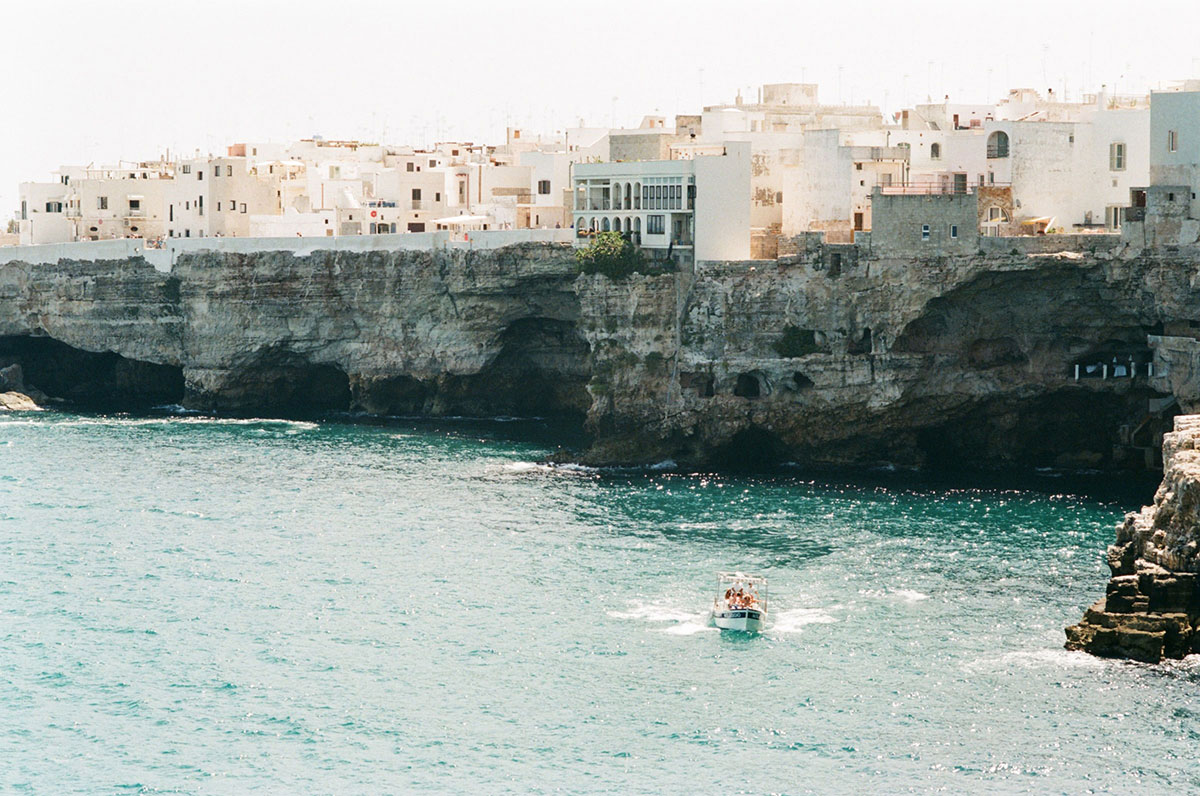A message from Gaetano Leone, Coordinator, UNEP/MAP-Barcelona Convention Secretariat
The Mediterranean continues to be a beautiful destination for millions of beachgoers and holidaymakers despite the rising pressure it has been subjected to for decades. The onset of environmental degradation is surreptitious, and Mare Nostrum has so far managed to hide the scars, but to the trained eye they are plain to see. The plight of coastal and marine fauna and flora is cause for alarm. But the most visible symptom is marine litter.
It is estimated that half a billion human-made items are lying on the seafloor. Many popular sandy beaches are strewn with single-use plastics such as lids, cutlery and cigarette butts that seem to have become a ghastly surrogate for the cherished seashells.
The semi-closed basin that constitutes a major transit route for the global shipping industry is plagued by marine litter. The stuff, mainly plastic, comes chiefly from from land-based sources. In fact, the region features one of the highest amounts of municipal solid waste: between 208 and 760 kg per year per person. The region is home to an estimated 510 million people of which 70 per cent are coast dwellers.
The Mediterranean Coast Day, which we mark on 25 September, is an opportunity to take stock of what the UNEP/MAP—Barcelona Convention system has achieved in its efforts to protect the coastal zones of the Mediterranean.
Our Regional Activity Centre PAP/RAC supports the Contracting Parties in the implementation of the Protocol on Integrated Coastal Zone Management (ICZM), an important legal instrument that provides for safeguards and regulations to keep unbridled urban development at bay, to decouple economic development from coastal degradation and to bolster resilience to climate change.
In 2013 the Contracting Parties to the Barcelona Convention—21 Mediterranean countries and the European Union— adopted the Regional Plan on Marine Litter Management that includes an ambitious target: 20% reduction in litter by 2024. Preliminary results recently indicated a reduction of 39 per cent in beach marine litter relative to the baseline values agreed in 2016, but that was before the COVID-19 tsunami caught everyone off-guard.
The still-unfolding pandemic has caused a remarkable surge in the use of disposable face masks, gloves and other types of personal protective equipment mostly made of plastic. We still don’t know the full extent of the impact on the environment, but recurrent sightings of floating masks and gloves are not a good sign. The plastic pandemic predates the COVID-19 one. It stems from the ill-conceived ways in which we produce and consume the goods that our modern lifestyles make us dependent on.
The Regional Action Plan on Sustainable Consumption and Production carries sustainability targets in four priority sectors, namely fisheries and agriculture; food processing; manufacturing; tourism and housing. But more needs to be done to ensure that successful pilots be scaled up and turned into robust systems that can underpin green economies.
If invested smartly, the stimulus packages that are being mobilized by the Contracting Parties to the Barcelona Convention and its Protocols can fast-track the transition to sustainable consumption and production. Mediterranean countries stand at a historic juncture. Decisions on which sectors financial flows will pour into and whether greener options will be prioritized over the unsustainable business-as-usual will shape our collective future in the region.
As decision-makers ponder this historic moment, the public has an important role to play. Thanks to the rise of mobile broadband, today’s “Mediterraneans” are better informed and more organized than any other generation. Simple purchasing decisions taken at the supermarket and online clicks matter greatly. Businesses spend vast amounts to understand their customers’ preferences in order to tailor products and services accordingly. Observation shows that sustainable options will rise on the market if there is demand for it.
In recent years we have seen bans on single-use plastic bags become law. Several Mediterranean countries have introduced stewardship schemes based on awareness-raising and behavioral change with the aim of reducing and preventing single-use plastic items. Referred to as “Adopt-a-beach”, the schemes promote active community engagement with the participation of civil society organizations. This is the kind of momentum that Coast Day aims to generate in the region.
This year we will be marking Mediterranean Coast Day under the exceptional circumstances imposed by COVID-19. We will be launching a digital campaign and we want you to be part of it.
Here are five simple steps you can follow to join:
• visit the Coast Day 2020 page and learn more about the pressing issues affecting the Mediterranean Sea and Coast.
• translate and share information in your local network with the #CoastDay #Act4Med hashtags.
• use the Coast Day logo, sew it into your reusable face mask or use it to brand an online discussion with your friends and colleagues.
• download the UNEP/MAP SeaWatcher App (powered by INFO/RAC) on your mobile device and report marine litter you stumble upon on the Mediterranean coast.
• if you can ensure that social distancing rules are strictly met, organize a beach cleaning campaign and send us the photos.
The Mediterranean needs you. If you put a seashell to your ear, you will hear it calling.


